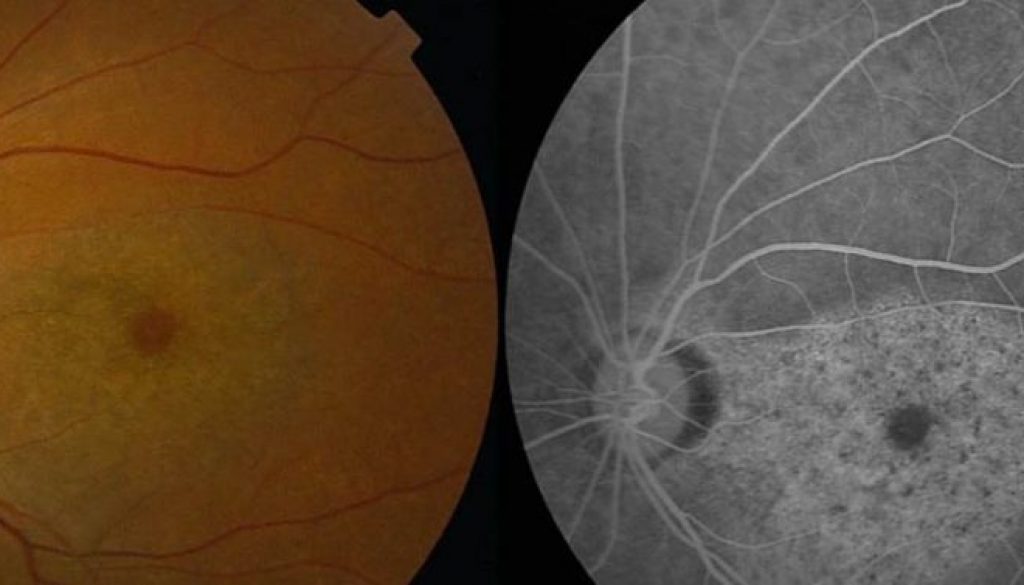We have been asked to pass on the following information to practitioners concerning requests by patients taking Chloroquine/Hydroxychloroquine to have retinal screening for retinopathy where this can be an adverse effect of such medications.
This subject has come up again as the ophthalmology departments of the University Hospitals of Morecambe Bay have a policy of refusing to accept patients whom we have referred for this type of specialist screening, unless there is already obvious pathology present.
It could be that those of you in other areas are also being asked to see such patients and so after consultation with LOCSU the following advice will be just as relevant.
The responsibility for arranging adequate retinal monitoring for patients taking HCQ sits with the original prescriber. If a patient is asked to attend for a sight test in order to screen for HCQ retinopathy by a Chloroquine/Hydroxychloroquine prescriber, we suggest a courteous communication back to the prescriber as follows:
- The patient needs to have a specific HCQ retinopathy baseline assessment and then be monitored as per the RCOphth Guidelines.
- A GOS or private sight test is not suitable. GOS is not designed for this purpose and does remunerate for such tests.
- Many Hospital Eye Departments will reject referrals for HCQ monitoring unless the referral details specific signs of active eye disease (ie retinal toxicity) or patient symptoms.
- There is currently no locally commissioned pathway for HCQ monitoring and this is something for NHS bodies such as CCGs and Hospital Trusts to consider.
- Optometrists with the right equipment are well placed to support a local monitoring service.
- Such a service would normally be run with Consultant Ophthalmologist oversight, so Optometrists intending to offer the service privately must ensure they follow the guidance and refer to a specialist where indicated.
Practitioners are advised to explain this to their patients and document the advice. Continue with a sight test only if it is on the understanding that it is a sight test only and not a screening for HCQ retinal toxicity. Practitioners should also seek advice from their professional insurers. We understand that at least one major insurer recommends practitioners refer to secondary care even if they know it will be rejected.

